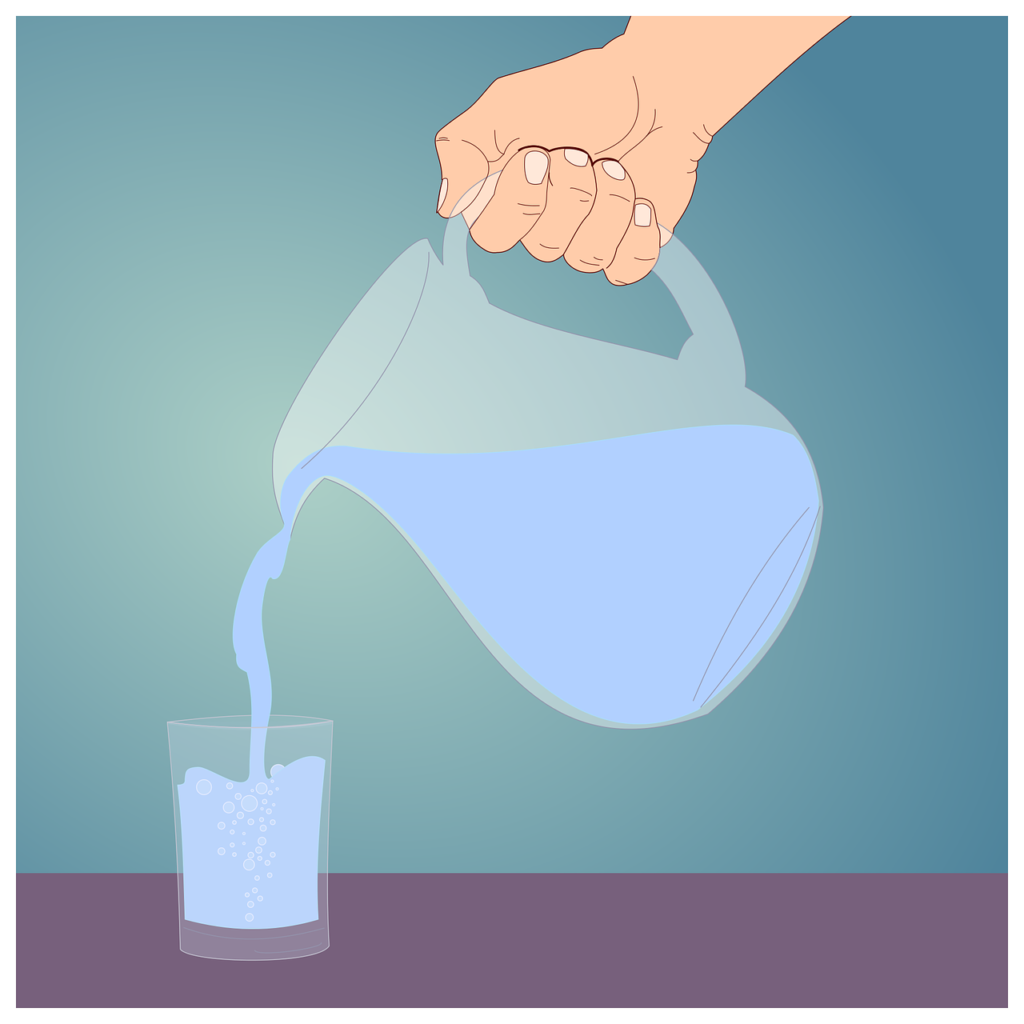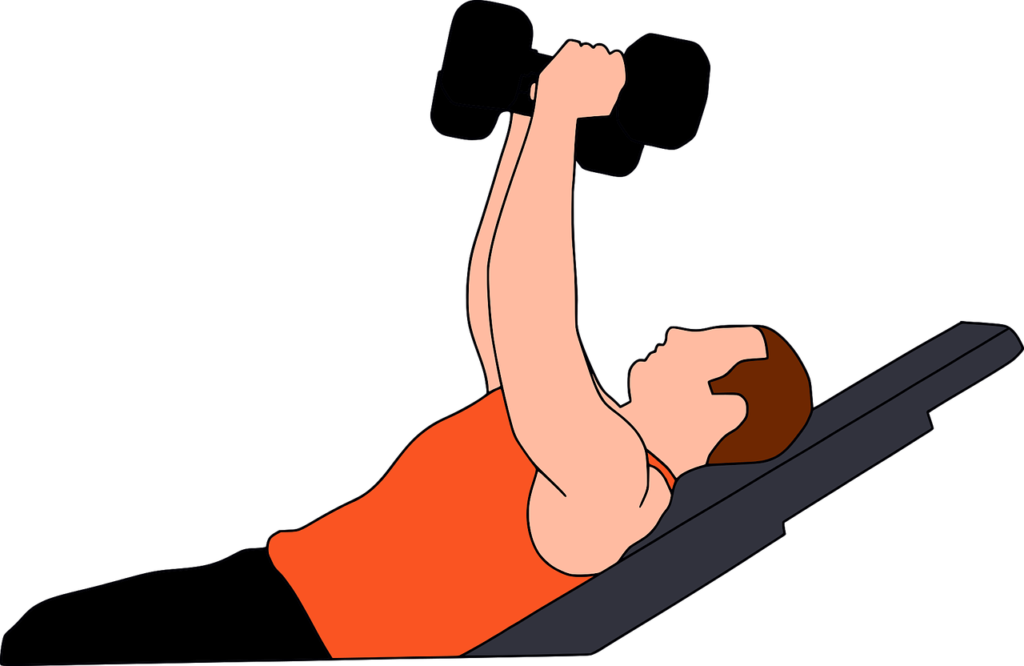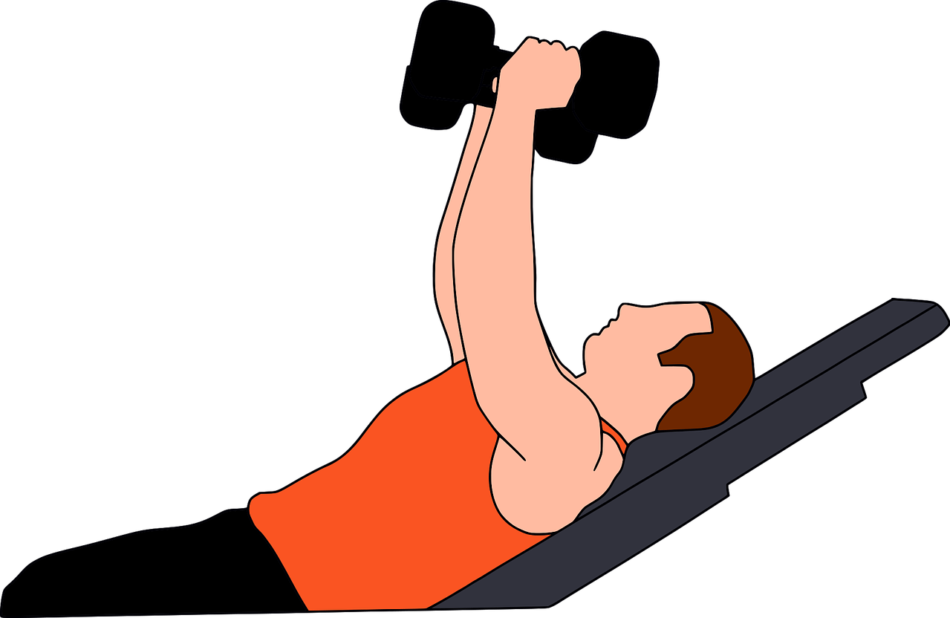Losing weight can be a challenging task, especially if you have struggled with weight gain in the past. It is not uncommon for people to feel frustrated and discouraged when they don’t see the results they are hoping for, even after putting in a lot of effort. However, with the right approach, it is possible to lose weight quickly and effectively, and keep it off for good.
Before we dive into the strategies for losing weight, it is important to understand why maintaining a healthy weight is important for your overall health. Obesity is a major risk factor for many chronic diseases, including diabetes, heart disease, and certain types of cancer. Losing weight can help reduce your risk of developing these conditions, improve your energy levels and sleep quality, and enhance your overall quality of life.
In this article, we will discuss some effective strategies for losing weight quickly and safely, including diet and exercise recommendations, lifestyle changes, and medication options.
1. Develop a Healthy Eating Plan
The first step to losing weight quickly and effectively is to develop a healthy eating plan. While there are many diets and fads out there, the most effective way to lose weight is to adopt a balanced and nutritious diet that is sustainable in the long term. The following are some tips to help you develop a healthy eating plan:

- Focus on whole, unprocessed foods: Fill your plate with whole grains, fruits and vegetables, lean proteins, and healthy fats. Avoid processed and packaged foods that are often high in added sugars, salt, and unhealthy fats.
- Control portion sizes: Even healthy foods can lead to weight gain if you eat too much of them. Use a smaller plate, measure your food, and take your time eating to prevent overeating.
- Limit calorie-dense beverages: Sugary drinks, such as soda and juice, are high in calories and can contribute to weight gain. Instead, opt for water, unsweetened tea, or black coffee.
- Keep track of what you eat: Keeping a food diary can help you become more aware of your eating habits and identify areas where you can make improvements.
2. Incorporate Regular Exercise into Your Routine
In addition to a healthy diet, regular exercise is essential for losing weight and keeping it off. Exercise can help burn calories, build muscle, and boost your metabolism. The following are some tips for incorporating exercise into your routine:

- Start small: If you are new to exercise, start with a simple routine, such as walking for 30 minutes a day. Gradually increase the intensity and duration of your workouts as you get stronger and more comfortable.
- Choose activities you enjoy: Exercise should be enjoyable, not a chore. Choose activities that you enjoy, such as dancing, hiking, or swimming.
- Mix up your routine: Doing the same exercise routine every day can get boring and lead to a plateau in weight loss. Mix up your routine by trying new activities or incorporating strength training.
- Be consistent: Aim to exercise at least 3-4 times a week for maximum benefit. Consistency is key when it comes to weight loss.
3. Make Lifestyle Changes
In addition to diet and exercise, making lifestyle changes can also help you lose weight quickly and effectively. The following are some examples:

- Get enough sleep: Lack of sleep can disrupt your hormones and metabolism, leading to weight gain. Aim to get 7-9 hours of sleep per night.
- Manage stress: Chronic stress can lead to overeating and weight gain. Find healthy ways to manage stress, such as yoga, meditation, or deep breathing exercises.
- Limit alcohol intake: Alcohol is high in calories and can contribute to weight gain. Limit your intake to one or two drinks per day, or eliminate it altogether.
4. Incorporate Resistance Training
Resistance training, also known as weight lifting, is an excellent way to boost your metabolism and burn fat. It can also help preserve muscle mass, which is essential for maintaining a healthy weight in the long term.

There are many ways to incorporate resistance training into your routine. You can join a gym and use the equipment there, or you can buy some weights and resistance bands for use at home. You can also use your own body weight for resistance training exercises, such as push-ups, squats, and lunges.
Resistance training should be done at least twice a week, with a focus on all major muscle groups. Don’t forget to warm up before starting and cool down afterwards, to prevent injury and muscle soreness.
5. Get Enough Sleep
Sleep plays a vital role in weight loss and overall health. Failing to get enough sleep can lead to a hormonal imbalance, causing an increase in hunger and a slower metabolism.

Research indicates that people who sleep for less than seven hours per night tend to weigh more and have a higher risk of obesity than those who get sufficient sleep. It is recommended that you aim for at least seven to eight hours of sleep per night to promote weight loss.
Getting enough sleep is crucial for maintaining good health, and this is especially true when it comes to losing weight. Research has found that people who don’t get enough sleep are more likely to be overweight or obese.
One of the primary reasons for this is that a lack of sleep can disrupt the hormones that control appetite. Ghrelin, the hormone that stimulates hunger, increases when you don’t get enough sleep, while leptin, the hormone that signals fullness, decreases.
Furthermore, sleep deprivation can increase cravings for high-calorie foods, leading to overeating and weight gain. Therefore, it’s essential to prioritize getting 7-9 hours of quality sleep per night to support your weight loss journey.
6. Stay Hydrated
Drinking enough water is essential for weight loss. Not only does it help flush toxins out of your body, but it can also reduce your appetite and help you feel full.

Drinking water before meals can help you eat less and lose weight. Aim for at least eight glasses of water per day, and more if you are exercising or sweating heavily.
7. Seek Professional Help
If you’re struggling to lose weight or have health conditions that make weight loss difficult, it’s essential to seek professional help. A registered dietitian or nutritionist can provide you with a personalized plan tailored to your needs and goals.

Additionally, if you have an underlying medical condition, such as hypothyroidism or polycystic ovary syndrome (PCOS), that makes weight loss challenging, you may need medical treatment to help manage your symptoms.
Real Life Examples and Scenarios
Let’s look at some real-life examples and scenarios to understand how the tips discussed above can be implemented to achieve effective weight loss:
Example 1: Sarah is a 35-year-old working mother who wants to lose weight but struggles to find the time to exercise and eat healthy. She decides to make some small changes to her routine, such as taking the stairs instead of the elevator at work and packing a healthy lunch instead of eating out. She also starts going for a 30-minute walk during her lunch break and doing resistance training at home twice a week. Within a few months, Sarah has lost 10 pounds and feels more energized and confident.
Example 2: John is a 45-year-old man who has tried many fad diets in the past but has not been able to sustain his weight loss. He decides to seek professional help and sees a registered dietitian who provides him with a personalized meal plan and exercise routine. John also starts tracking his food intake and workouts using a fitness app, which helps him stay accountable and motivated. Within six months, John has lost 30 pounds and feels healthier and happier than ever before.
Example 3: Mary is a 25-year-old woman who has been diagnosed with PCOS, which has made weight loss difficult for her. She seeks medical treatment and takes medication to manage her symptoms, along with following a personalized diet and exercise plan. Mary also joins a support group for women with PCOS, which helps her stay motivated and connected with others going through similar challenges. Over the course of a year, Mary has lost 20 pounds and feels more confident and in control of her health.
8. Manage Stress
Stress is a common issue that can hinder weight loss efforts. When you’re stressed, your body releases cortisol, a hormone that can lead to increased appetite and fat storage.

Moreover, stress can lead to emotional eating, which is when you eat to cope with stress, boredom, or other emotions, rather than hunger.
To manage stress, try incorporating stress-reducing activities into your routine, such as yoga, meditation, or deep breathing exercises. Additionally, prioritize self-care activities, such as taking a bath or reading a book, to help alleviate stress.
9. Track Your Progress
Tracking your progress can be an excellent tool to keep you motivated and on track with your weight loss goals. It allows you to see how far you’ve come and where you need to focus your efforts.

You can track your progress using various methods, such as taking progress photos, measuring your body fat percentage, or tracking your weight on a scale.
Remember that weight loss is a journey, and progress isn’t always linear. You may experience fluctuations in weight due to factors such as water retention or menstrual cycles. Therefore, it’s crucial to focus on the overall trend of weight loss rather than day-to-day changes.
10. Healthy Diet
Yoga is an effective way to aid weight loss as it combines physical movements with deep breathing and meditation. The various yoga poses help to tone and strengthen muscles, boost metabolism, and improve overall flexibility and balance. In addition, yoga helps to reduce stress, which can lead to overeating and weight gain. Some of the best yoga poses for weight loss include the downward dog, plank, warrior II, and bridge pose. By incorporating yoga into your daily routine, you can enhance your weight loss efforts while also improving your overall physical and mental well-being.

While a healthy diet is essential for weight loss, exercise can also play a significant role. Regular physical activity can help you burn calories, improve your metabolism, and increase muscle mass, all of which can contribute to weight loss.
There are many types of exercise you can try, including cardio, strength training, and high-intensity interval training (HIIT). Cardio exercises like jogging, swimming, or cycling can help you burn a significant number of calories in a short amount of time, while strength training can help you build muscle mass and increase your metabolism.
Yoga is also an excellent exercise for weight loss, as it can help you build strength, flexibility, and balance while also burning calories. Many yoga poses, such as the plank, downward-facing dog, and warrior II, engage multiple muscle groups and can help you burn fat and build muscle.
Conclusion
Losing weight quickly and effectively requires making sustainable lifestyle changes that support your overall health and well-being. It’s essential to focus on creating a calorie deficit through a combination of diet and exercise, while also prioritizing adequate sleep and stress management.
Remember that weight loss is a journey, and it’s normal to experience setbacks and challenges. Be patient with yourself, and focus on making gradual progress towards your goals. With consistency and commitment, you can achieve your desired weight loss and improve your overall health.





